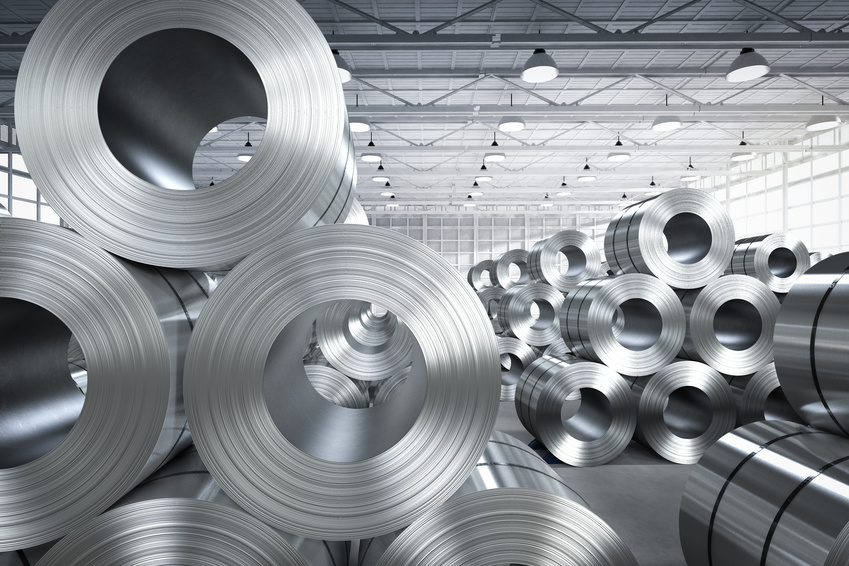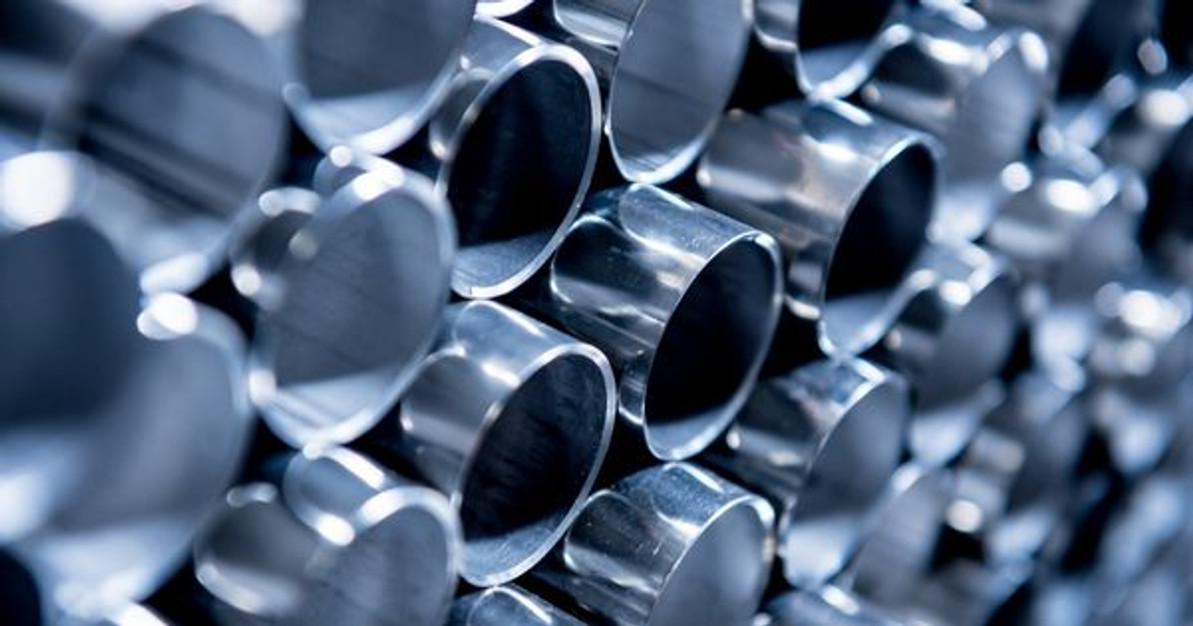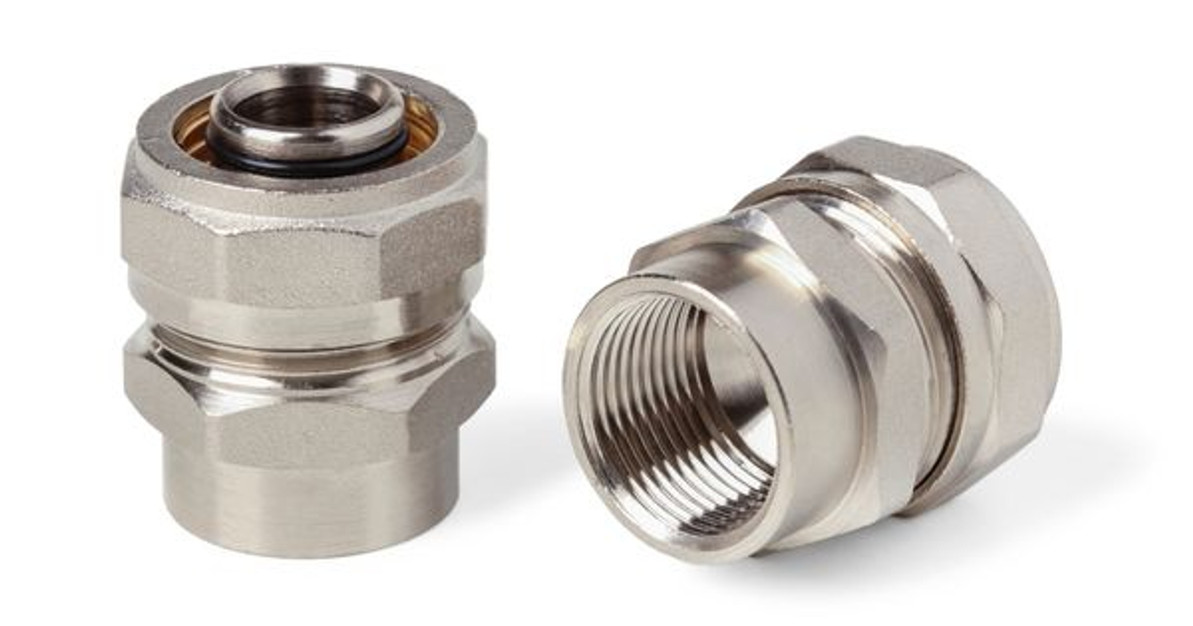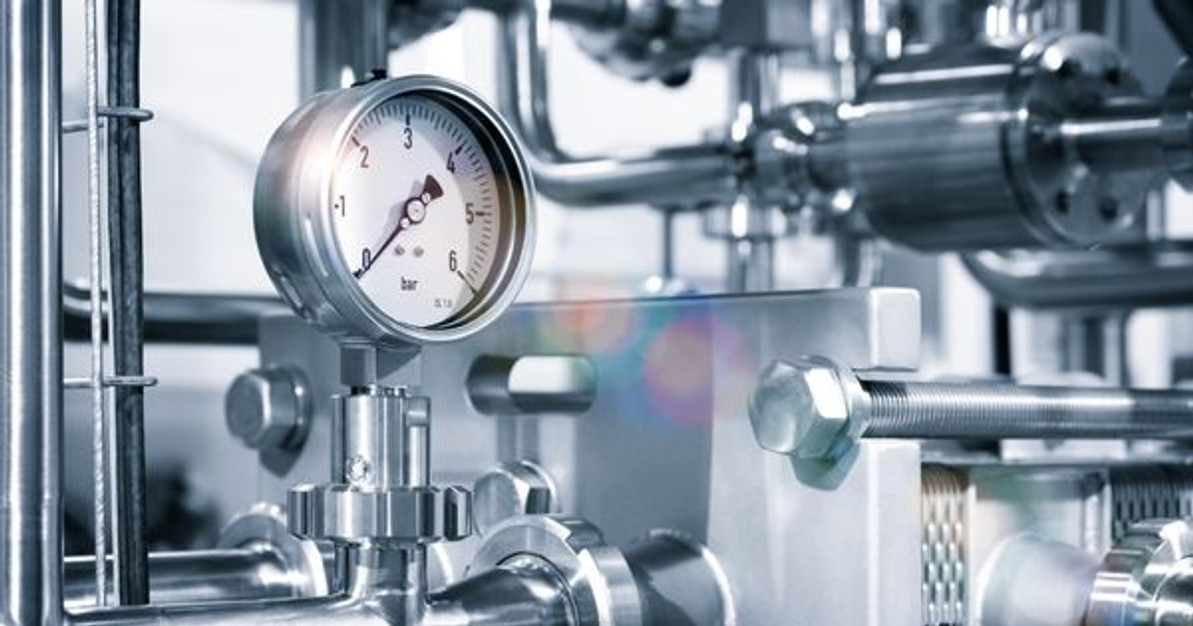 Jul 12th 2019
Jul 12th 2019Sanitary Ball Valves Vs Industrial Ball Valves: What Is The Difference?

Stainless steel is one of the most used materials in the world. Although Stainless Steel 304 is the most common grade of stainless steel available, many industries need more than just the basics; food and pharmaceutical processing businesses rely on the sterility and cleanliness that high-quality sanitary fittings provide -- but just what are sanitary products? How are sanitary clamps and ball valves different from ordinary clamps and ball valves? Let's take a look.
What Is The Difference?
Sanitary ball valves are made of stainless steel 304SS or 316 material. Standard electronic polishing technology ensures that the surface is smooth and clean, and prevents various mediums (either biological or food-related) from accumulating. If they did, bacteria and other contaminants could potentially collect and damage the final product. Though they perform the same function, sanitary ball valves and ordinary industry ball valves are different in three main ways.
- Body Material: Industry valves can be comprised of a variety of materials, including cast iron, cast steel, nodular cast iron, and stainless steel. Sanitary valves must be made of 304SS, 304L or 316, 316L stainless steel because they are so often used for pharmaceutical, food, and chemical purposes where sanitary conditions are required. Iron, copper, and other materials cannot ensure that sterility.
- Appearance: The electronic polishing gives sanitation ball valves a smooth surface, thereby avoiding potential contamination. Industry valves, however, are designed to handle high temperature and high pressure working environments while maintaining a long service life and flexible operation; they're often rougher and more rugged as a result.
- Connection mode: Sanitary ball valves are equipped with sanitary clamps via a threaded connection. The connections of industrial ball valves vary greatly and include the flange, thread, quick assembly, welding, etc. Logically, sanitary ball valves require sanitary systems; sanitary fittings and clamps must be used or the quality of the product will be compromised, sacrificing its sterility.
At the end of the day, sanitary valves, strainers, and pipe fittings meet the special requirements of various mediums in the field of food and biological pharmacy. When contamination poses a serious health threat, ordinary steel products can't be used.
 Jul 12th 2019
Jul 12th 2019Recent Posts
-
Nov 7th 2022
What Is Food-Grade Stainless Steel Tubing?
Businesses that produce food and beverage products must operate hygienically. Sterile environments a …Nov 7th 2022
-
Oct 11th 2022
Why Sanitary Fittings Are Important for the Medical Industry
Sanitary fittings are useful for many industries. Food and beverage manufacturers have used these to …Oct 11th 2022
-
Sep 23rd 2022
What Is the Max Operating Temperature for Stainless Steel?
Stainless steel is valued in many industrial applications because it’s capable of withstanding high …Sep 23rd 2022



